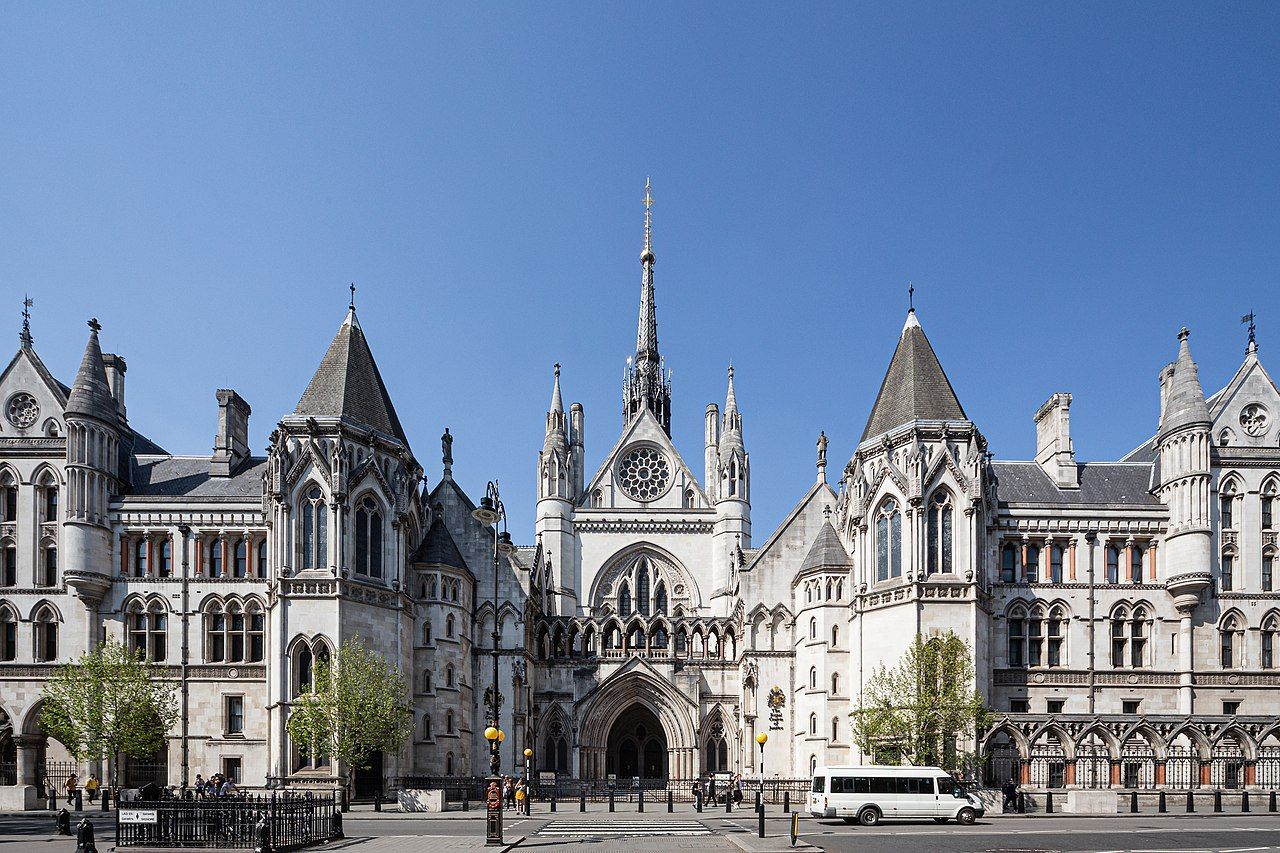Appealing a Conviction After a Guilty Plea
An Application to Vacate a Guilty Plea should be made prior to sentence. However, in narrow circumstances, it is possible to appeal to the Court of Appeal even where a Defendant has pleaded guilty.

The issue of whether a Defendant could appeal against their conviction was recently considered in R v Tredget [2022] EWCA Crim 108.
There are three possible grounds on which an appeal could be pursued:
The Guilty plea was defective:
The first example is where the Defendant was entered a the plea which was equivocal. An equivocal plea is where someone states, for example, that they are guilty but they are not really guilty. The difficulty with this approach is that a Defendant will have been arraigned before the Court and had the indictment read out to them in full (Revitt & Ors v DPP [2006] EWHC 2266 (Admin).
The plea was entered on the basis of poor legal advice. This will ordinarily arise where the particulars of an offence have not been properly explained. In R v McCarthy [2015] EWCA Crim 1185 the Court stated as follows:
“In our view, this is one of those exceptional cases where we should intervene. We are far from confident that when the applicant pleaded guilty to the offence of wounding with intent he had a proper understanding of the elements of the offence. In that sense, his freedom of choice was improperly narrowed. It cannot be argued that he had no defence on a charge of wounding with intent.”
There may also be pressure placed on a Defendant, however there is a fine line between receiving robust advice and pressure being placed – the reality is that the Court of Appeal will ordinarily consider that the former is correct. Ultimately, it is for the Defendant to decide whether they should change their plea (R v Nightingale [2013] EWCA Crim 405).
The proceedings before the Court were unlawful
This will ordinarily be where it was an abuse of process to prosecute a defendant. The provisions relating to this were set out in Maxwell i.e. that it would either be impossible for the Defendant to have a fair trial or that it would be an affront to the Court’s sense of justice.
The Defendant is Innocent
This is where it can be shown that the Defendant did not commit the offence. This was what took place in the recent Post Office series of cases.
Fill in the Below to Contact Rhys and to obtain legal advice










